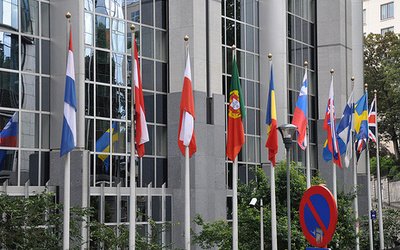
The European Commission is about to take important decisions about Bilateral Investment Treaties (BITs). These agreements are designed to protect corporations that invest in a foreign (often developing) country. These international agreements are binding, but often undermine the social and environmental regulations that developing countries want to implement. On march 3, the European Parliament will vote on reforming these policies.

Last week, the first tickets for the World Cup in Brazil went on sale. A total number of around 3.3 million tickets will be available, costing between $90 and $990 each. But who will benefit? Recent demonstrations in Brazil have revealed that the World Cup in 2014 is not all good news, as the majority of the Brazilians seemed to have believed for a long time. Our colleagues from CASA, a Brazilian small grants organisation focusing on environmental issues and sustainable development, are looking for practical ways to turn the tide and make a positive contribution.
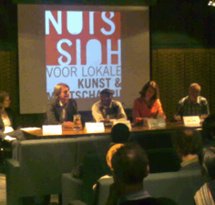
On the 25th of March 2010, Both ENDS organised a Political Café on the social and environmental effects of coal mining in developing countries. Matthews Hlabane of the Green Revolutionary Council was our special guest of the evening. Coming from the mining city of Witbank, South Africa, he could share his first hand experience on the devastating effects of coal mining.
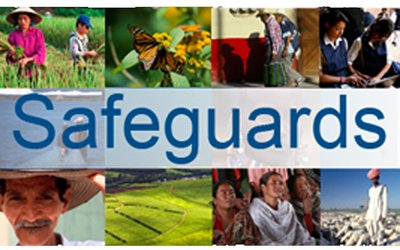
It's October, time for the annual meeting of the World Bank in Washington DC in which the annual results and future plans will be presented to the outside world. It also gives NGOs from all over the world an oppotunity to talk with World Bank’s administrators and relevant staff on future policies. Pieter Jansen of Both ENDS travelled to Washington together with three representatives of local organisations in the South: Yu Chen of Green Watershed from China, Mayra Tenjo of ILSA from Colombia and Ram Wangkheirakpam of NEPA from India. Their main purpose is to highlight the importance of social- and environmental requirements that the investments of the World Bank should meet, the so-called 'safeguards'.
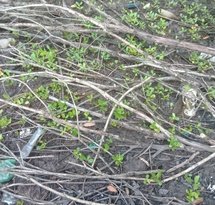
"The mangroves were choking, gasping for air. When the dam was partially opened, they could finally breathe again. It was the breath that the animals, the fish in the rivers, the crabs, shrimps and oysters had all been craving."
On the northeast coast of Brazil, activities have been underway since 2007 to develop and extend the port of Suape. The port is being developed partly to support oil drilling along the Brazilian coast. The project is controversial because of the disastrous impact it is having on the natural environment, the rivers, the mangroves, marine life and the people who have lived in the region for many generations. Together with Fórum Suape, specially set up to combat the development of the port, Both Ends has been working for almost ten years to protect the rights of local communities in and around Suape. Now there has been a breakthrough – literally. In August of last year, a controversial dam in the Rio Tatuoca that was destroying the mangroves and the aquatic life in the area was partially dismantled. We spoke to Mariana Vidal,* project coordinator at Fórum Suape, about how that came about and what changes have taken place in the area since.
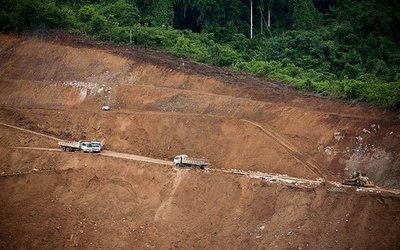
Despite the fact that Laos recently let its neighboring countries know that the construction of the Xayaburi dam on the Mekong River would officially be put on hold, illegal construction activities appear to be taking place. In April this year, due to massive national and international protests, the Government of Laos felt obliged to suspend construction until the social and environmental impacts of the dam would be clearly examined. Around the spot where the dam was to be constructed however, people are being driven away from their land, a road has been built for the supply of building materials and forest is chopped down.
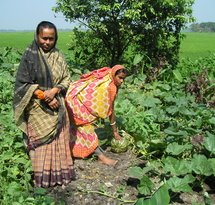
Agroecology is a diverse set of agricultural practices, a field of science and a social movement. It aims to transform food systems towards greater ecological sustainability, social justice, and resilience. Both ENDS and CSO-partners around the world support farmers and pastoralists practising agroecology, both on the ground and in gathering political and financial support.